Denials are one of the most expensive and demoralizing problems in healthcare operations. They drain staff time, delay payment, and distort financial forecasting. Yet the majority of denials aren’t caused by complicated medical necessity disputes—they stem from simple administrative issues that should never have reached the billing stage at all. Missing documents, incomplete notes, incorrect eligibility, overlooked authorizations, mismatched codes, and outdated payer requirements all lead to preventable denials that clog the revenue cycle and erode margins. AI is reshaping this landscape by ensuring accuracy long before a claim is ever created.
To understand how AI prevents denials, it’s important to recognize where errors originate. Billing teams inherit problems created upstream. A prior authorization that wasn’t routed correctly, a referral missing key information, an insurance card not updated in the system—all of these small breakdowns eventually surface as denials. Staff must then investigate the issue, gather missing items, appeal with the payer, and hope the claim is reconsidered. This rework is expensive and time-consuming, and it often results in partial or no reimbursement. AI removes the root causes by addressing these issues at their point of origin.
The first step in denial prevention is complete and accurate documentation. AI reads clinical notes, referral information, diagnostic reports, and scanned documents to ensure all necessary elements are available. When something is missing—proof of medical necessity, a provider signature, a supporting diagnostic code—the system detects it immediately. Instead of waiting for a denial to reveal the problem weeks later, the workflow pauses early so staff can resolve the issue in minutes. This single shift dramatically reduces downstream rework and accelerates the billing timeline.
Eligibility accuracy is another major source of denial prevention. Many claims fail because the patient’s insurance information was outdated or incorrect at the time of service. In manual workflows, eligibility checks may occur inconsistently or too late in the process. AI verifies eligibility proactively and continuously, identifying discrepancies before they affect the encounter. When coverage changes, the system alerts staff in real time, ensuring that corrections are made before the patient arrives or the claim is created. This eliminates one of the most common and costly categories of denials.
Prior authorization accuracy plays a similarly critical role. If an authorization is missing, incomplete, expired, or not linked correctly to the claim, denial is all but guaranteed. AI ensures that authorizations are initiated promptly, supported with the right documentation, updated with the correct payer responses, and linked directly to the encounter. Because the system monitors payer portals continuously, it catches changes or additional requirements early. This prevents the cascading delays and cancellations that occur when an authorization is overlooked or mishandled.
Coding accuracy benefits significantly from AI as well. Codes that don’t match clinical documentation or payer requirements trigger automatic denials. AI analyzes documentation, identifies missing or conflicting elements, and helps ensure that CPT, ICD, and modifier selections align with the clinical narrative. It acts as a safeguard—not by replacing coders, but by ensuring they work from complete and accurate information.
AI also uses payer intelligence to prevent denials that stem from policy changes. Payer rules evolve constantly, but human teams can only keep up with so much. When a payer begins requiring a different documentation element or changes its interpretation of a diagnosis pair, AI detects the pattern through real-time feedback and adjusts workflows accordingly. This rapid adaptation ensures organizations stay compliant even as payer expectations shift without formal notice.
The cumulative effect of this accuracy is dramatic. Claims are cleaner, staff spend less time on follow-up work, and payment arrives faster. Instead of reacting to problems after they occur, organizations operate proactively, preventing errors before they disrupt the revenue cycle. Billing teams no longer feel like the last line of defense—they become part of a coordinated, upstream workflow designed for success.
The financial impact is significant as well. Reduced denials mean fewer write-offs, fewer appeals, and more predictable cash flow. Leaders gain confidence in their financial forecasts. Providers experience fewer delays caused by administrative errors. Staff feel more empowered and less overwhelmed. Clean claims are not just a billing outcome—they are an operational achievement made possible by accuracy throughout the entire workflow.
AI does not just correct errors; it prevents them. It transforms denials from a chronic operational burden into an avoidable exception. And for healthcare organizations seeking financial stability, operational consistency, and higher-quality patient care, eliminating preventable denials at the source is one of the most valuable transformations automation can deliver.

